iPhone 7 vs iPhone 6s: head to head review
How Apple's iPhone 7 and 7 Plus compare to their predecessors

Apple's iPhone 7 is out now, but as with any Apple launch, it's difficult to say whether you should upgrade now, or hang on to your old device until the next one comes out. Thankfully, we've put the two latest iPhone generations head to head to see whether it's worth picking up the latest model, or just waiting until the next one rolls around.
Display
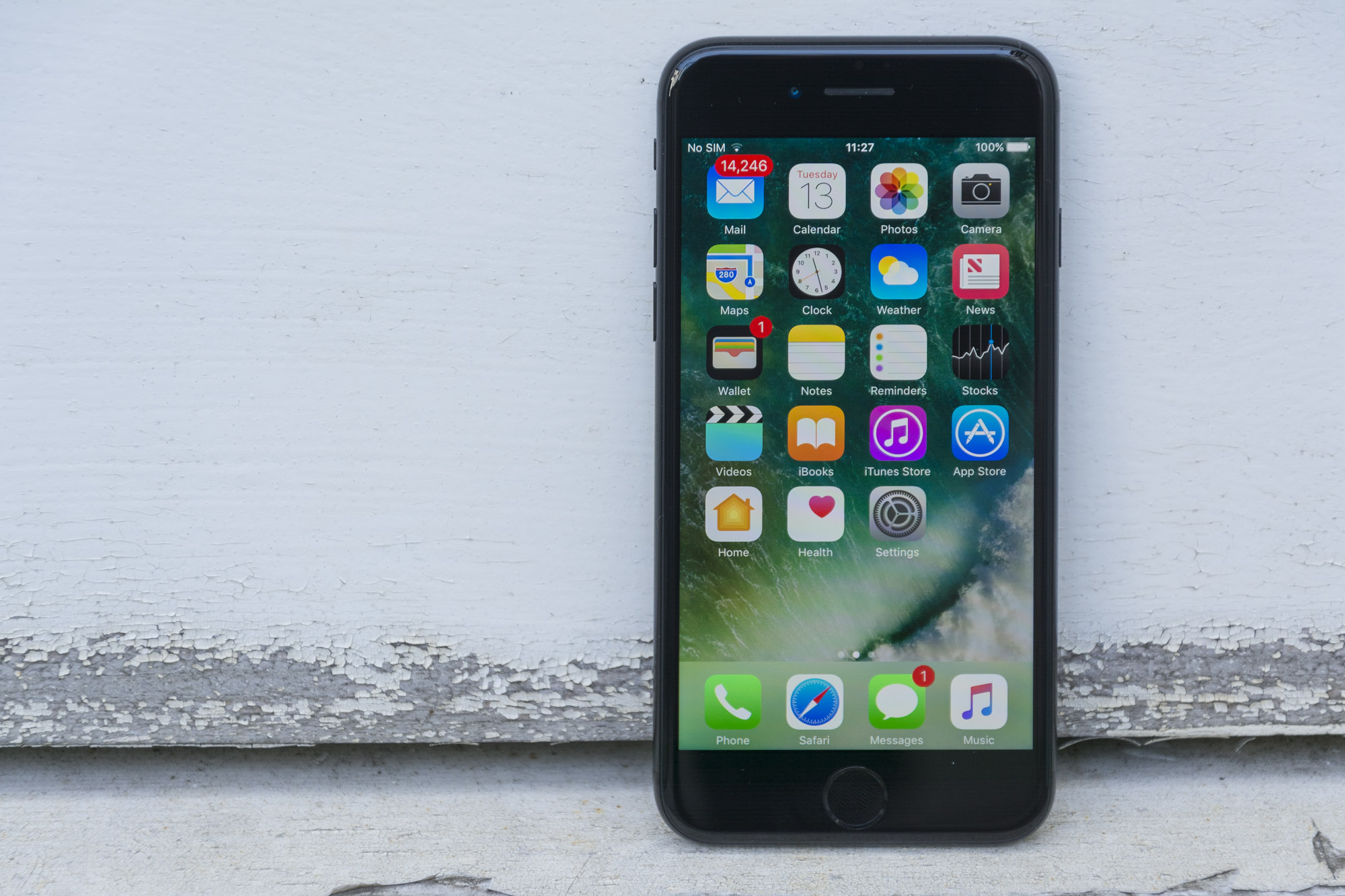
| Row 0 - Cell 0 | iPhone 6s | iPhone 6s Plus | iPhone 7 | iPhone 7 Plus |
| Screen size | 4.7in | 5.5in | 4.7in | 5.5in |
| Resolution | 1334 x 750 | 1920 x 1080 | 1334 x 750 | 1920 x 1080 |
| Pixel density | 326ppi | 401ppi | 326ppi | 401ppi |
| Display features | Full sRGB standard | Full sRGB standard | Wide colour gamut | Wide colour gamut |
| sRGB coverage | 93.3% sRGB | 91.3% sRGB | 95.8% sRGB | 96.3% sRGB |
| Max brightness | 541.75cd/m2 | 583.61cd/m2 | 540cd/m2 | 520cd/m2 |
The display technology is not that different on the whole when comparing the 6s and the 7, in both size models. Apple has kept the 3D Touch functionality and has implemented a 25% increase in brightness as well as a wide colour gamut.
Other than that it is the same IPS LCD Retina screen we've seen before at the same sizes and resolutions. There's rumours that Apple kept this the same this year because there will be a big change over to OLED expected for 2017 with the launch of the iPhone 8.
Design
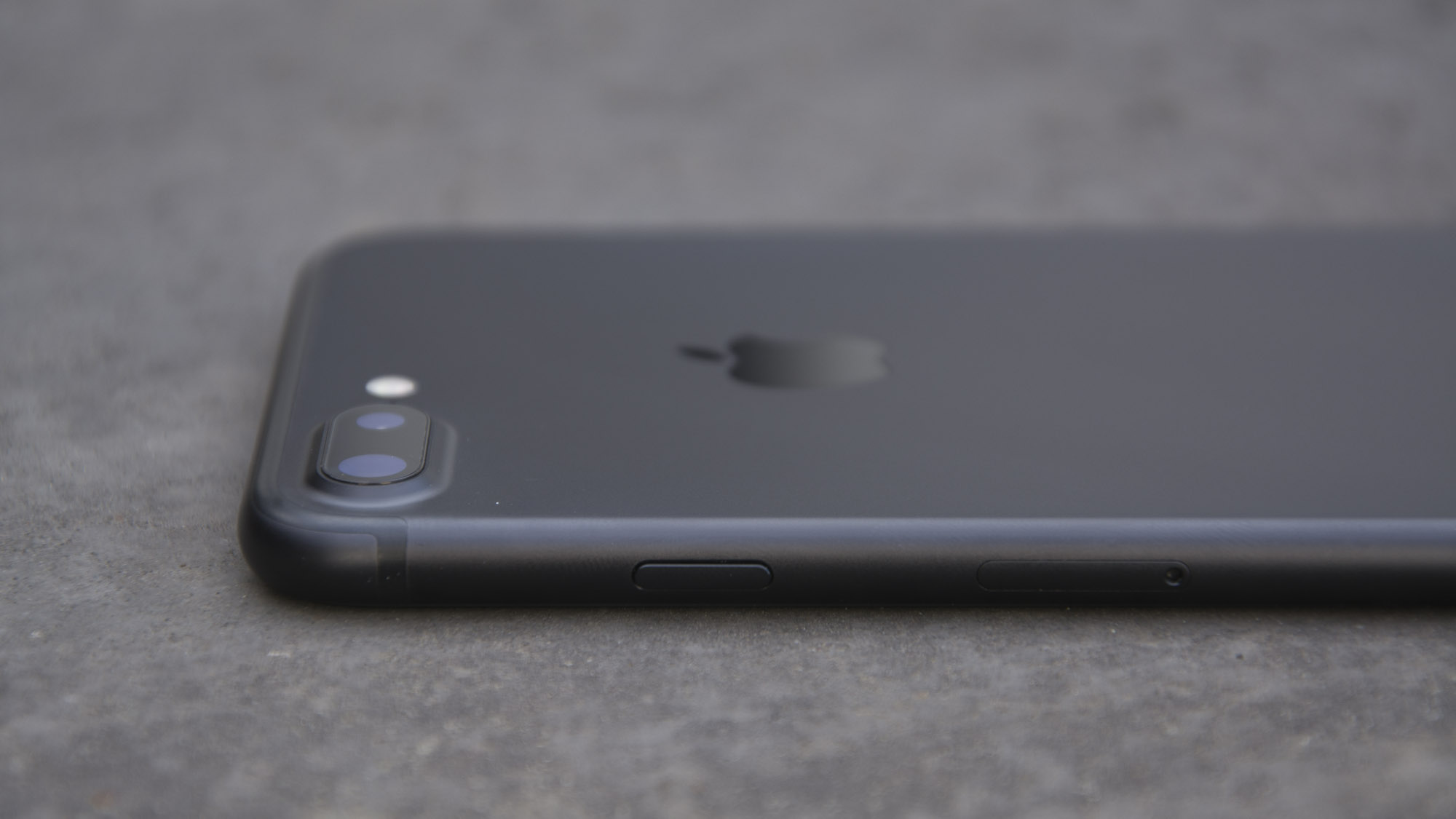
| Row 0 - Cell 0 | iPhone 6s | iPhone 6s Plus | iPhone 7 | iPhone 7 |
| Ports | Lightning, 3.5mm headphone jack | Lightning, 3.5mm headphone jack | Lightning | Lightning |
| Home key | Physical | Physical | Capacitive | Capacitive |
| IP67 waterproofing | No | No | Yes | Yes |
| Thickness | 7.1mm | 7.3mm | 7.1mm | 7.3mm |
| Weight | 143g | 192g | 138g | 188g |
Visually, both the iPhone 7 and iPhone 7 Plus are not massively far removed from the iPhone 6s and 6s Plus in terms of design. However, a key difference is that the antenna bands have been moved to the upper and lower edges, which makes them more discrete. In terms of dimensions, the thickness is unchanged and there's been a scant handful of grams shaved off from the weight.
The other major changes come in the form of the Home key, which is now a capacitive, touch-sensitive panel rather than a physical button. It features a Haptic feedback engine and can perform a range of software functions, including the Touch ID fingerprint scanner. On top of this, the iPhone 7 series is the first family of iPhones which are fully IP67 water and dust proof, for up to 30 minutes submerged in water.
For some people, the ability to drop your iPhone safely in a bath might be reason enough alone to upgrade, but in most other respects the iPhone 7 and iPhone 7 Plus is very similar to what came before.
As well as being the first waterproof iPhone, the iPhone 7 and iPhone 7 Plus are the first smartphones by Apple to feature stereo speakers. Apple has also ditched the 3.5mm headphone jack and audio is now handled through the Lightning port (or wirelessly via Bluetooth).
Sign up today and you will receive a free copy of our Future Focus 2025 report - the leading guidance on AI, cybersecurity and other IT challenges as per 700+ senior executives
Adam Shepherd has been a technology journalist since 2015, covering everything from cloud storage and security, to smartphones and servers. Over the course of his career, he’s seen the spread of 5G, the growing ubiquity of wireless devices, and the start of the connected revolution. He’s also been to more trade shows and technology conferences than he cares to count.
Adam is an avid follower of the latest hardware innovations, and he is never happier than when tinkering with complex network configurations, or exploring a new Linux distro. He was also previously a co-host on the ITPro Podcast, where he was often found ranting about his love of strange gadgets, his disdain for Windows Mobile, and everything in between.
You can find Adam tweeting about enterprise technology (or more often bad jokes) @AdamShepherUK.
-
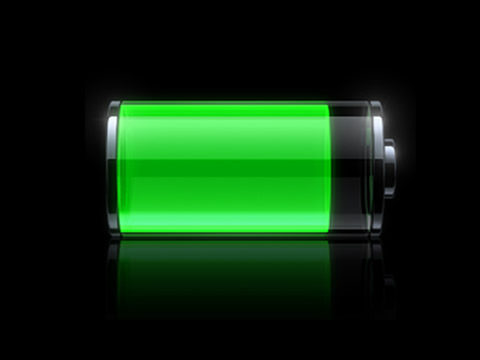 Apple battery slowdown lawsuits to be heard in one court case
Apple battery slowdown lawsuits to be heard in one court caseNews Dozens of cases to be heard at once during a hearing scheduled for next month
-
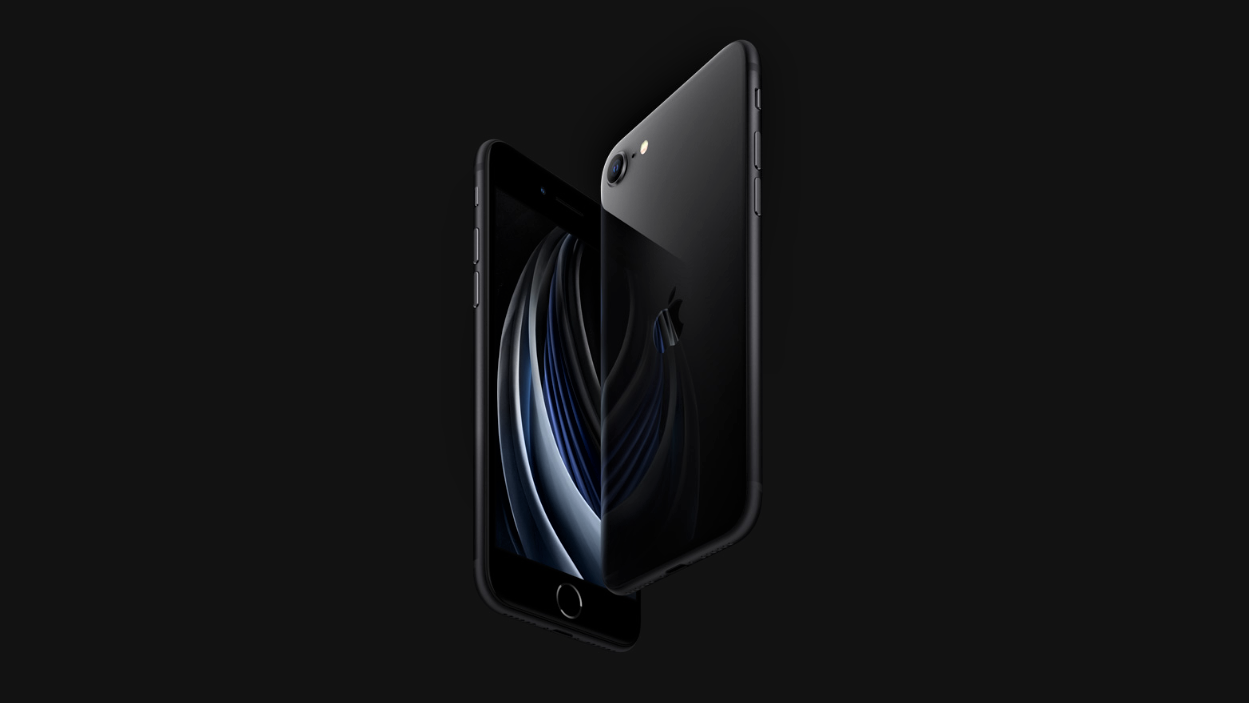 iPhone 8 vs iPhone SE (2020)
iPhone 8 vs iPhone SE (2020)Vs We compare the newly released iPhone SE with its older cousin, the iPhone 8
-
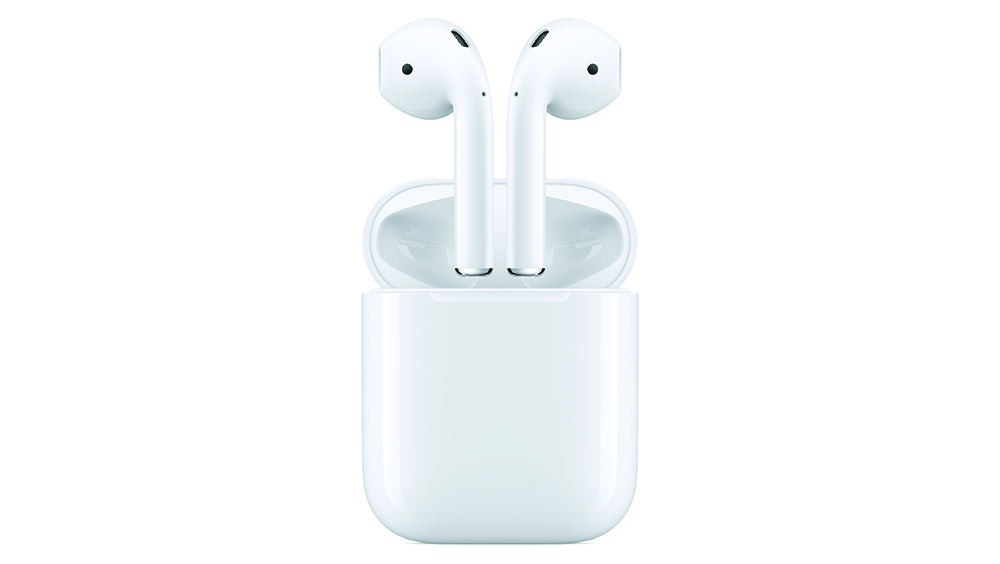 Apple will charge a fee of $69 to replace lost or broken Apple AirPods
Apple will charge a fee of $69 to replace lost or broken Apple AirPodsNews Regardless of whether or not the AirPods are still under warranty
-
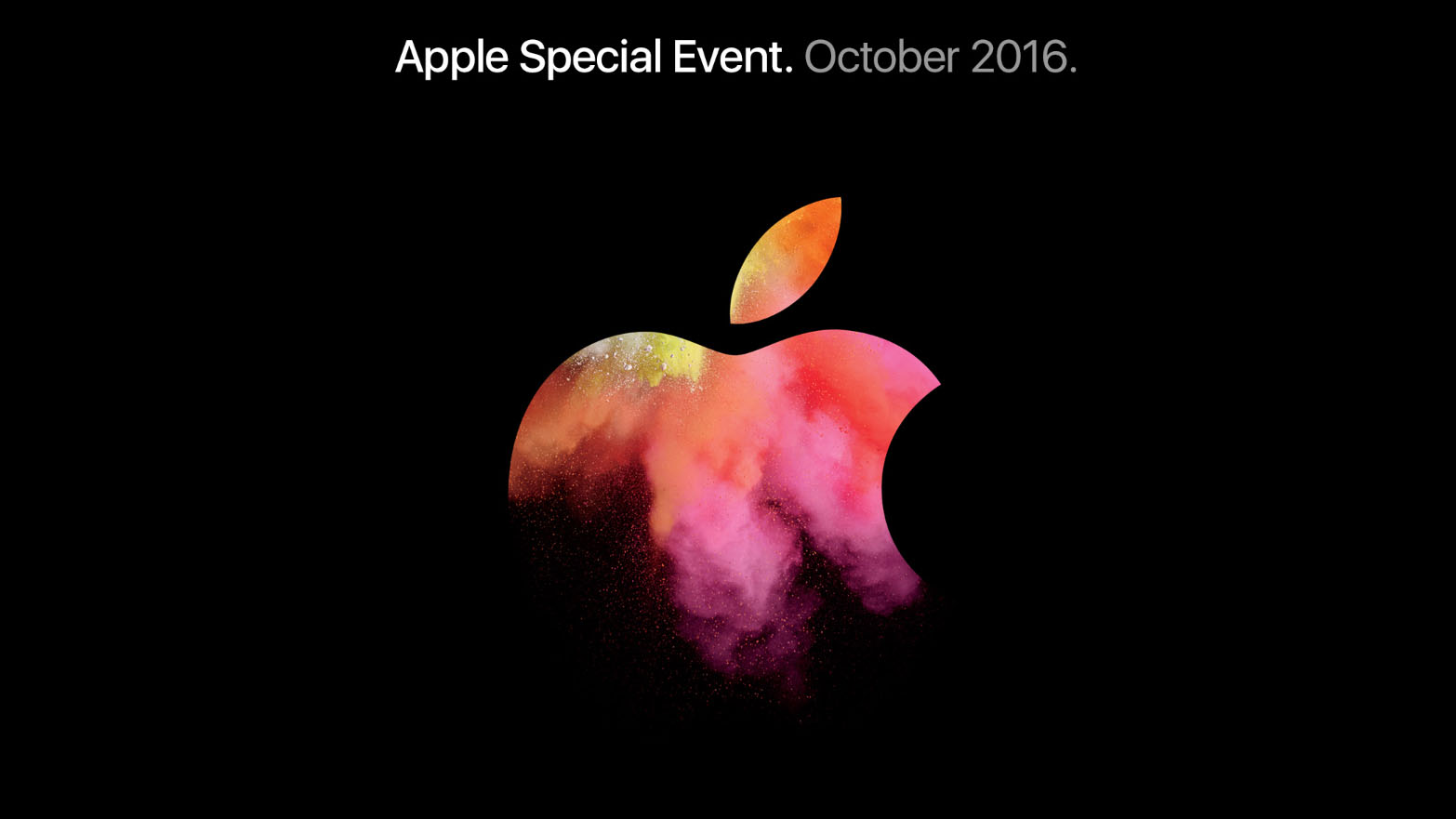 Apple cuts MacBook Pro dongles' price
Apple cuts MacBook Pro dongles' priceNews After criticisms of the new Macbook Pro ports, Apple slashes prices of its USB-C adapters
-
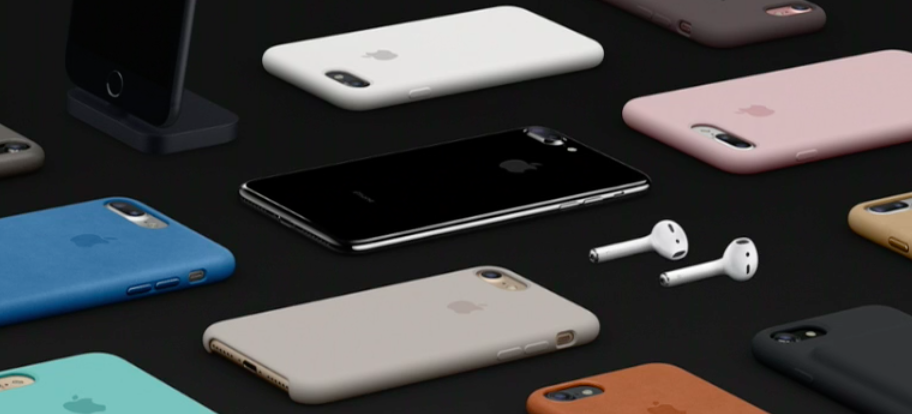 Apple iPhone 7 and 7 Plus review: First look
Apple iPhone 7 and 7 Plus review: First lookFirst look The iPhone 7 is here – is it any good?
-
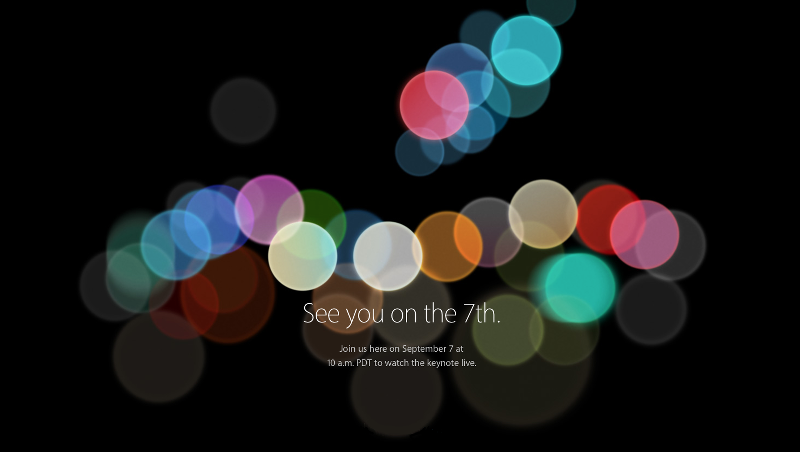 Apple September 2016 Special Event live blog: Apple Watch 2, iPhone 7 release date and prices
Apple September 2016 Special Event live blog: Apple Watch 2, iPhone 7 release date and pricesRumours Apple also unveils iOS 10 and Watch OS 3
-
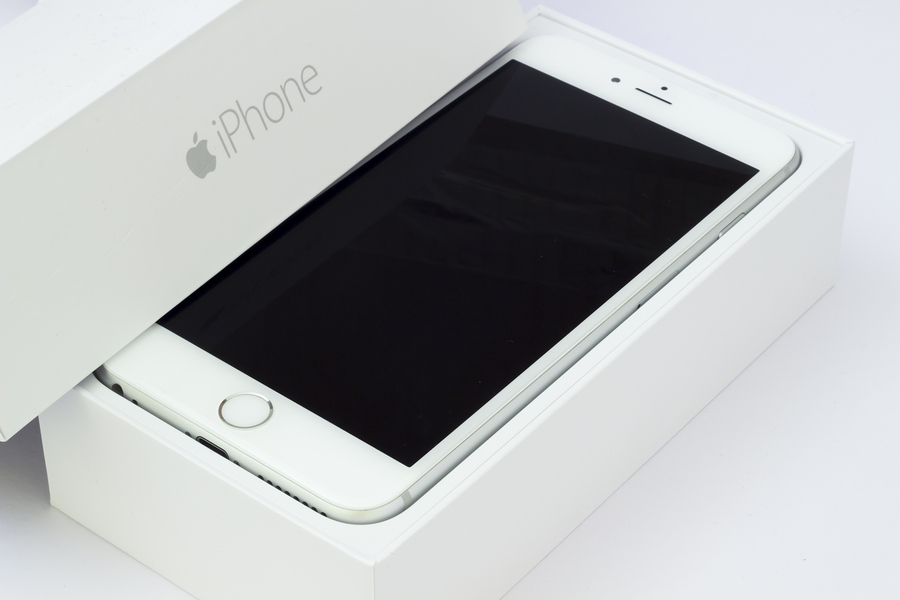 What we want to see at Apple’s Special Event
What we want to see at Apple’s Special EventNews Our take on what Apple will launch tonight, and what else we’d like to see
-
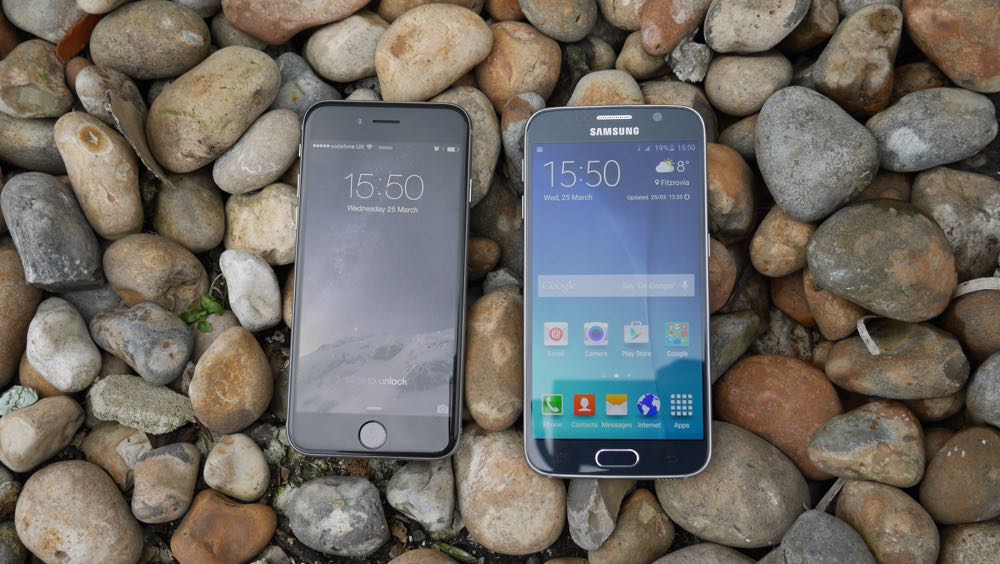 Samsung Galaxy S7 vs Apple iPhone 6s
Samsung Galaxy S7 vs Apple iPhone 6sVs We put the current iPhone 6s and the new Galaxy S7 head-to-head


